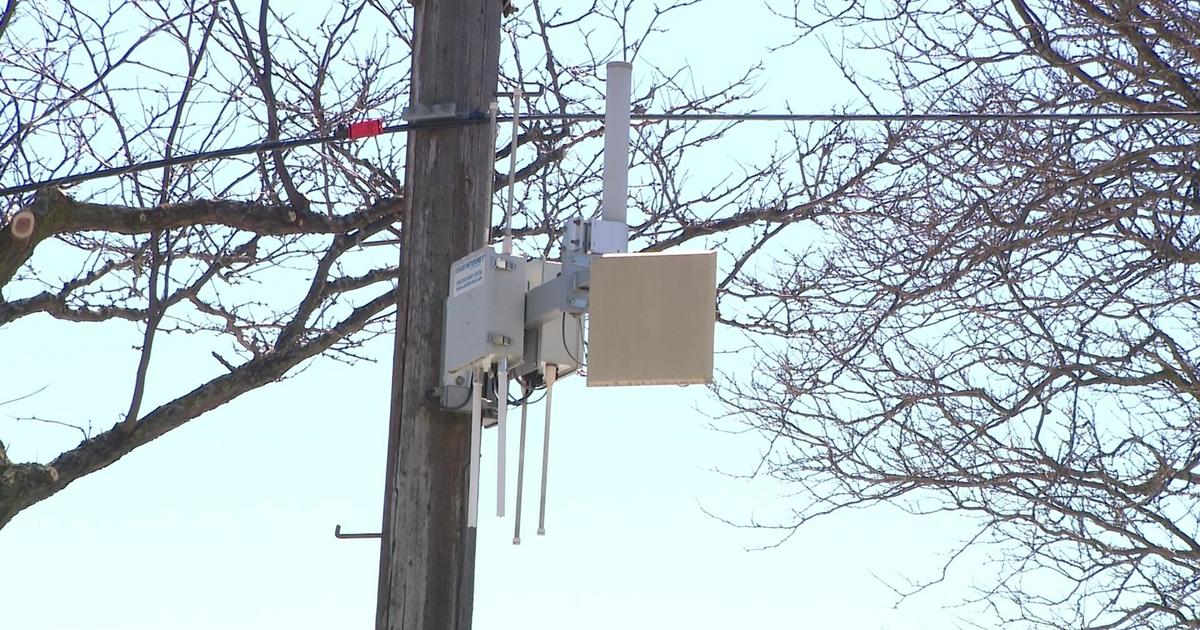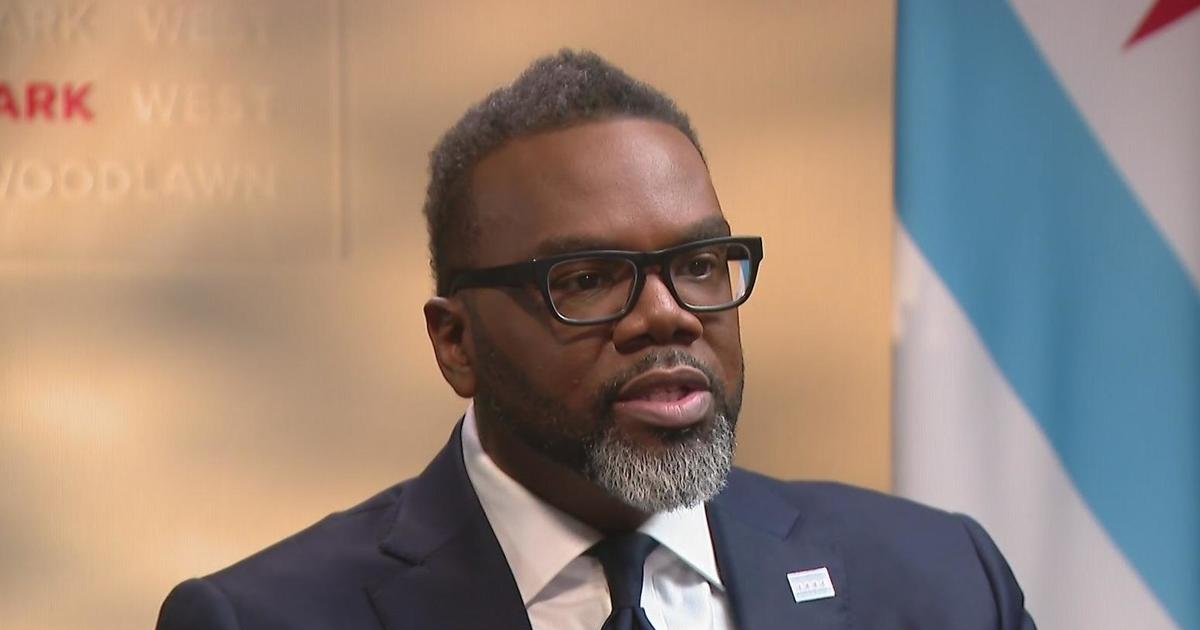U Of C Professor Who Helped Confirm Einstein Theory Congratulates Nobel Winners
CHICAGO (CBS) -- University of Chicago physics professor Daniel Holz might not have won the Nobel Prize, but he did play a role in ground-breaking research that helped three other scientists become the newest Nobel laureates.
The 2017 Nobel Prize in Physics was awarded to Kip Thorne and Barry Barish of the California Institute of Technology, and Rainer Weiss of the Massachusetts Institute of Technology.
Thorne, Barry, and Barish played leading roles in the Laser Interferometer Gravitational-Wave Observatory (LIGO) experiment, which used two detectors in Washington and Louisana to "hear" the gravitational waves of two black holes that collided 1.3 billion light years away.
"It's mind-boggling," Holz said. "Big black holes 30 times the mass of our Sun compressed into these tiny little objects like 100 miles across crashing into each other at almost the speed of light, at a billion light years away."
Holz was one of thousands of scientists who worked on the LIGO project.
Some of the gravitational waves predicted by the LIGO experiment swept through our solar system in 2015, stretching Earth an infinitesimal amount in one direction and compressing it in a perpendicular direction as they distorted local space. That is what the LIGO instruments detected at stations near Hanford, Washington, and Livingston, Louisiana. It was the first direct evidence of merging black holes, and the first unambiguous detection of gravitational waves.
Albert Einstein predicted the existence of gravitational waves as part of his general theory of relativity in 1916. The mathematics indicated that massive bodies under acceleration, like binary black holes or the collapsing cores of huge stars in the death throes of supernova explosions, would radiate gravitational energy in the form of waves distorting the fabric of space-time.
"People thought we would never be able to do this. Einstein himself – when he predicted this – thought this is kind of a neat aspect of his theory, but it'll probably never be measured," he said.
The LIGO team proved Einstein wrong on that note.
Holz called using the LIGO instruments a new way to learn about the origins of the universe, and he's excited to see what else they will help scientists learn.
The professor said he won't waste much time celebrating his role in the discovery.
"I might sneak out in the afternoon for a glass of champagne, but mainly it's just back to work," he said. "Today I'm spending the whole day working, trying to finish up an analysis that I'm just super excited about and can't wait to finish."



